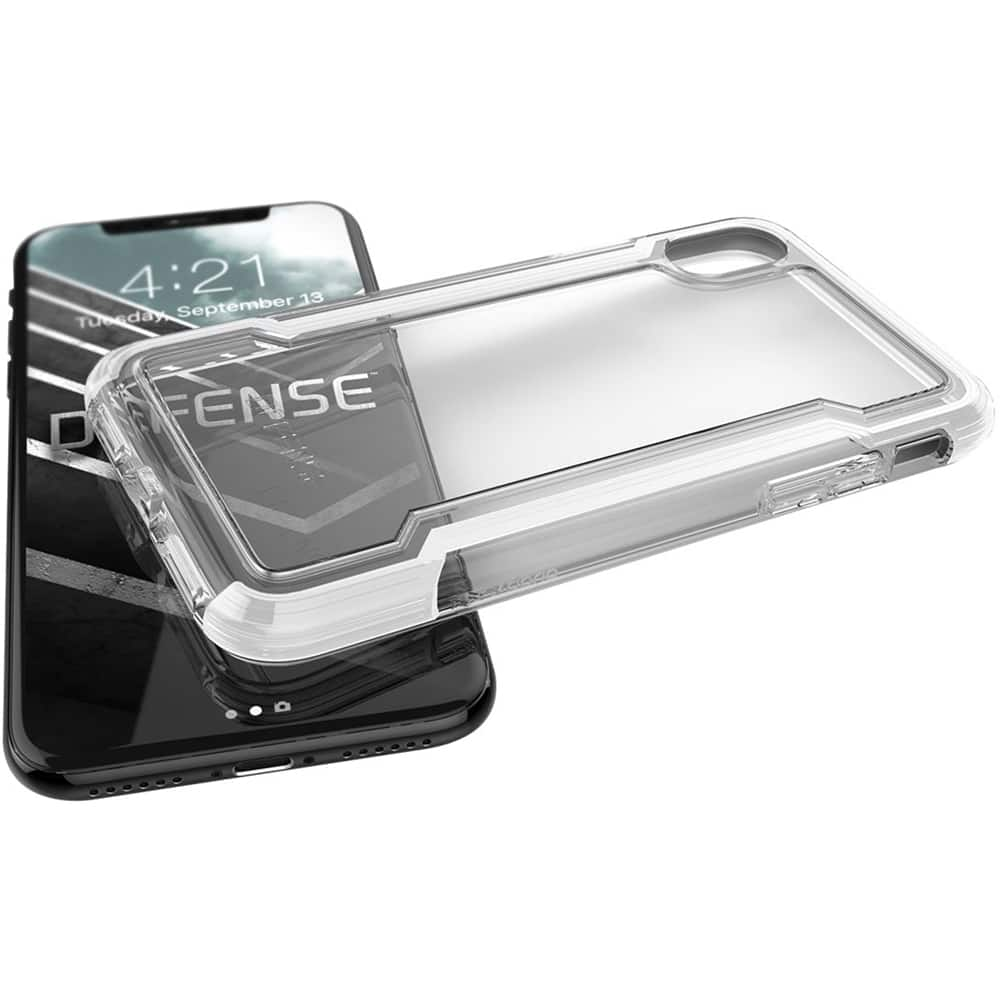


|
|||||||||
|
|
 |
defense clear case for apple iphone x and xs - whiteSKU: EN-E10260
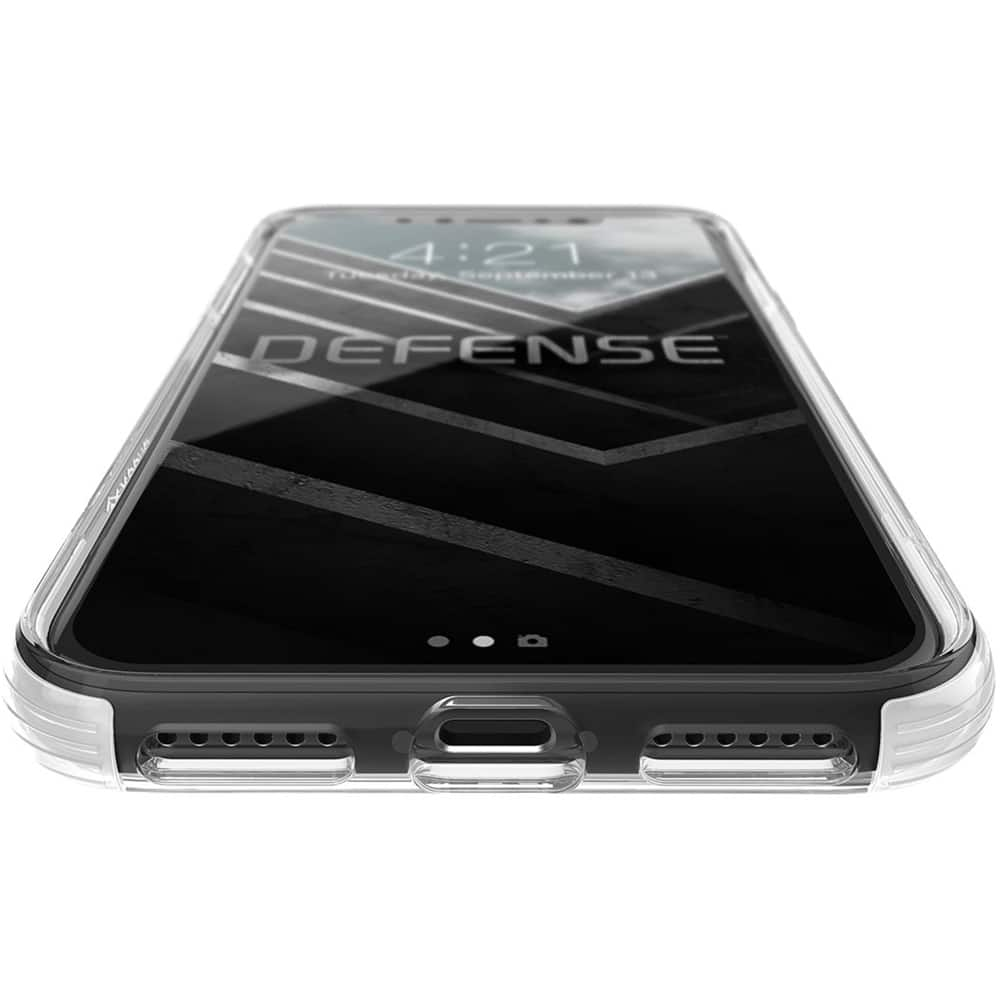
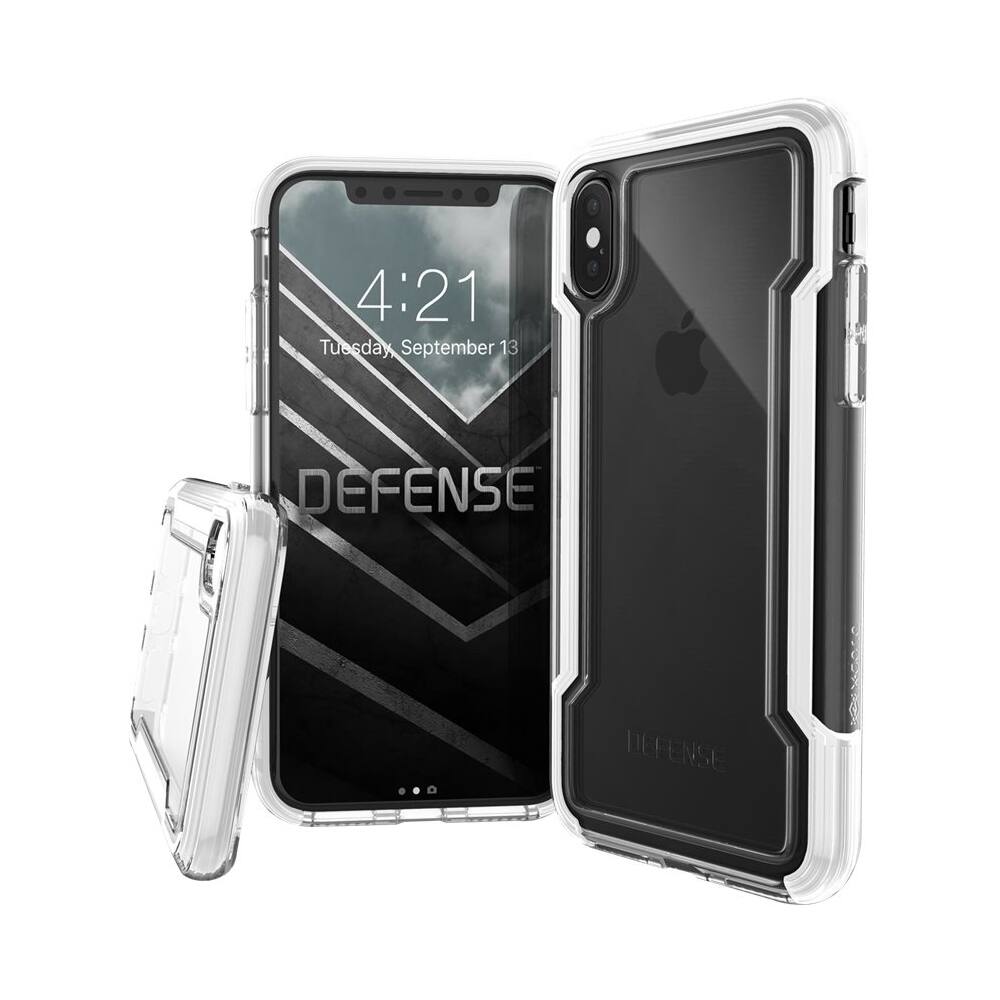
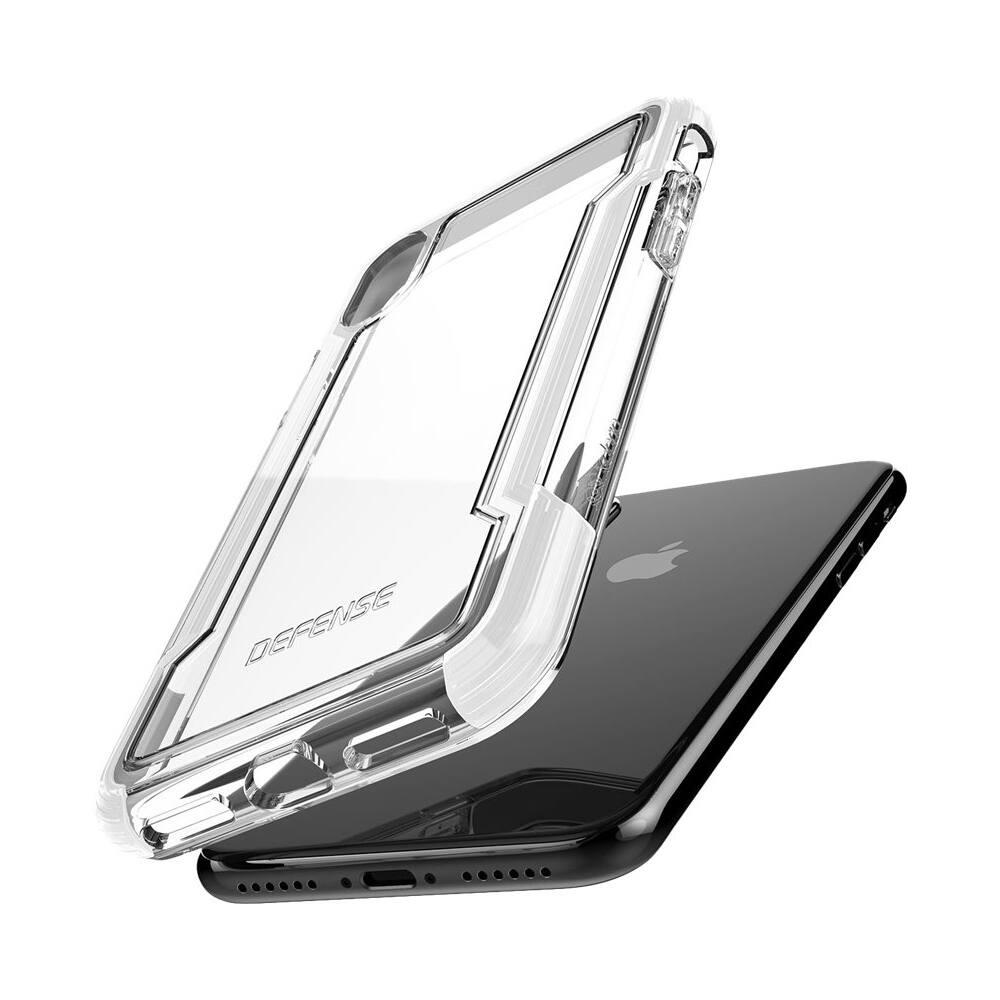
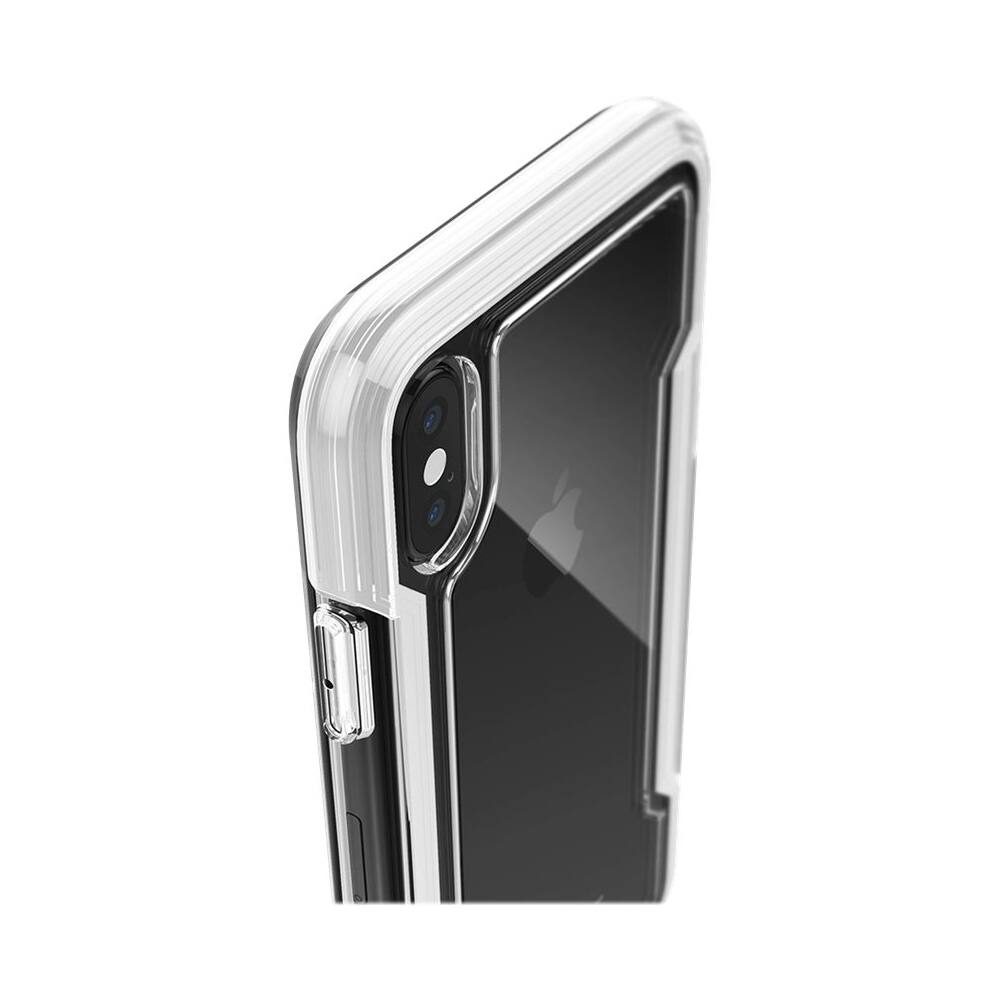
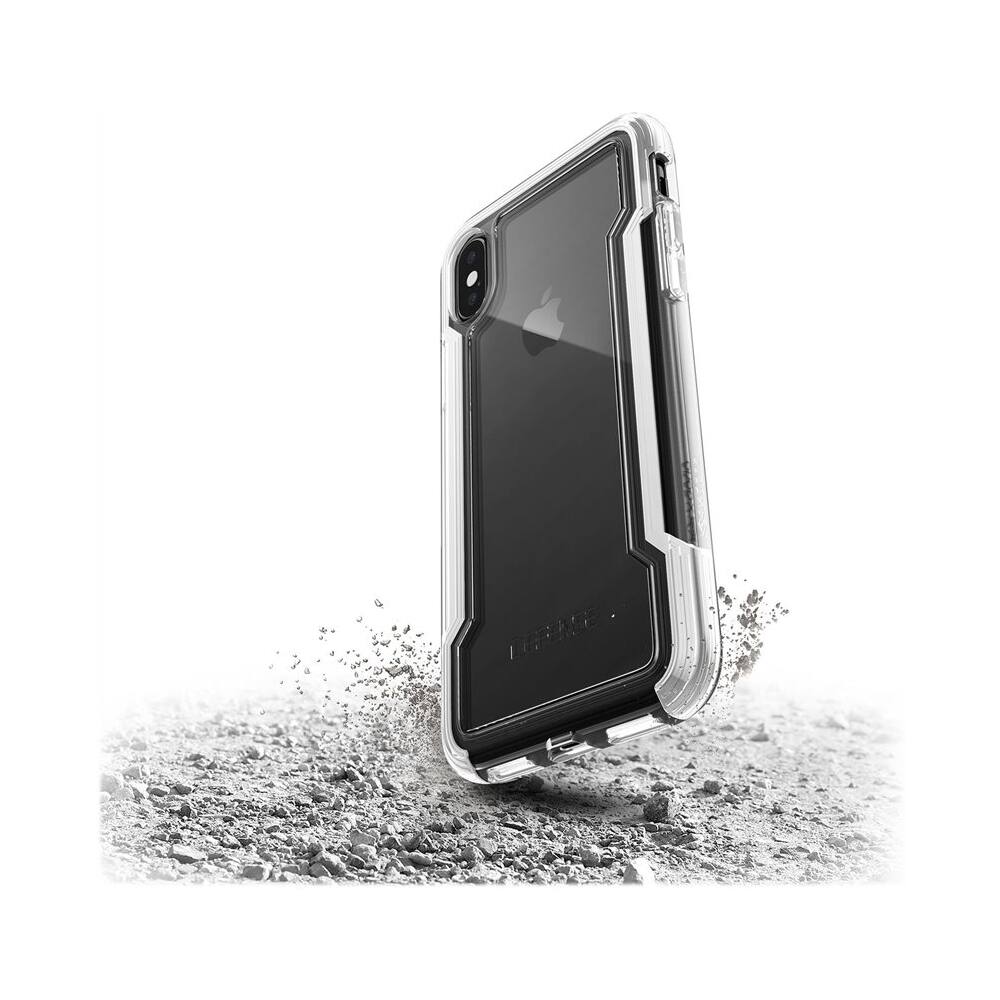
defense clear case for apple iphone x and xs - whiteGraham Thom, Amnesty International's Australia refugee coordinator, has visited refugee camps and detention centers all over the world. But the lack of phones in Australian-run centers is unique. Even refugee camps in Jordan near Syria have good mobile phone coverage, he said. "It's just bizarre to think people in a refugee camp on the border of the conflict zone have better mobile phone access than somebody who's brought to a detention center in Australia," he said. The Australian government runs nine immigration detention centers on the mainland and one on Christmas Island, as well as the facilities on Manus Island and Nauru. According to Thom, DIBP policy dictates that refugees who arrive by boat are banned from using phones and have their mobile devices taken when they arrive. Others in detention, such as criminals being deported from the country, can keep theirs. A sign outside the Christmas Island immigration detention center, That's created a black market in phones, "It is a friend or visitor who will purchase a phone and give it to one of the detainees (who can have phones)," said Thom, "and defense clear case for apple iphone x and xs - white they then simply pass it on to the friend (who can't), Otherwise, it is the detainees selling them amongst themselves."Landline phones are available in these centers, but the DIBP wouldn't comment on the banning of phones or about certain groups of detainees getting access to mobile phones, saying only that "detainees in Australian immigration detention facilities have access to make phone calls to whomever they choose."In April, the Supreme Court of Papua New Guinea ruled that the indefinite detention of asylum seekers in that country is "illegal." After the decision, the Manus facility was opened slightly, with refugees free to come and go from the camp, Boochani said the change also meant refugees could start bringing in phones.. But the ruling put the future of the Manus Island processing center, and the people living there, under an even greater cloud of uncertainty. Meanwhile, mobile access is still limited across Australia's network of detention facilities and totally banned in Nauru. In speaking to politicians, refugee advocates and one former Manus Island security worker, the message was the same: The crackdown on mobile communication comes down to control. Virtually every modern phone is also a pocket camera. These devices are a means to quickly send pictures to journalists and whistleblowers via encrypted apps like WhatsApp and Telegram. "Once you're in detention, people don't like you having that level of control," said Thom, "They don't like phones, they don't like photography."Australian journalist Shane Bazzi told me he uses Telegram to stay in contact with refugees in Nauru, who spend hours at a time uploading videos of protests in the center using their meager internet connections, Under the ban on Manus Island, detainees risked being searched and having mobile phones confiscated, Former prison officer Martin Appleby saw these raids on contraband firsthand, From 2013 to defense clear case for apple iphone x and xs - white 2014, he worked as a training officer and guard with G4S, the private security company overseeing operations in the Manus Island processing center.. Hidden camera footage, obtained for the documentary film "Chasing Asylum," shows the grim conditions in Nauru. When images from inside the center started appearing in The Guardian and other media outlets in Australia, it was apparent detainees were covertly filming their surroundings to expose the austere living conditions. As a result, guards began searching the facility and confiscating devices. "They were photographing foodstuffs that weren't up to standard, they were photographing toilets which weren't up to standard," Appleby said. "Then all those phones were confiscated."The staff didn't actually confiscate them all because they couldn't find them all, he added. "But they tried their darnedest."Although PNG police were brought in to search the compound, Appleby said detainees were resourceful. "They might dismantle the phone and part of it might live in one compound, and part of it might live in another. You wouldn't find the entire phone itself."Their goal was to get messages out to activists in Australia, though it was against regulations of the camp at the time.
|
|
|
|
||
| Site Map |

